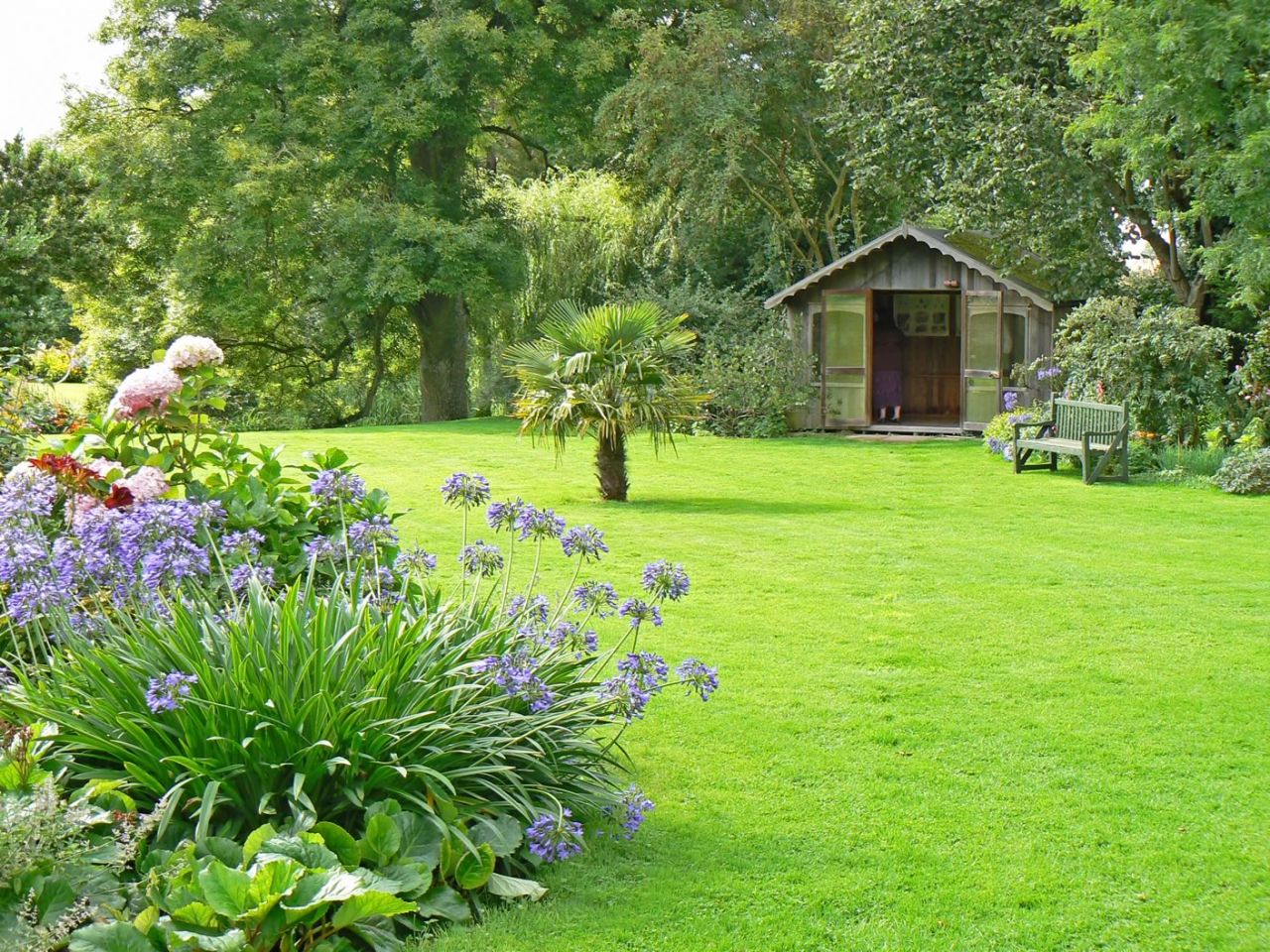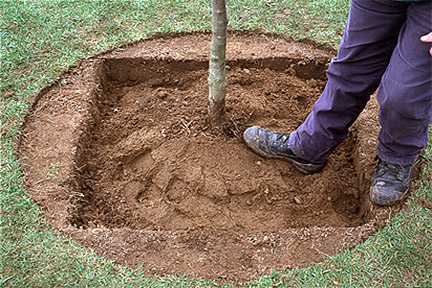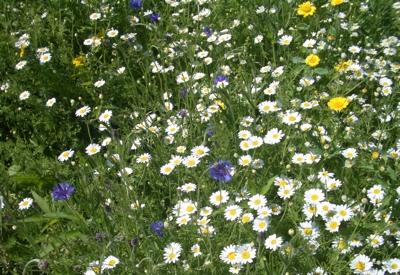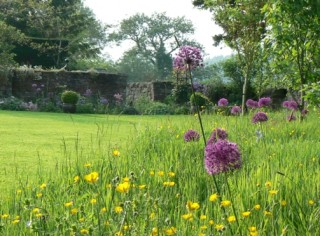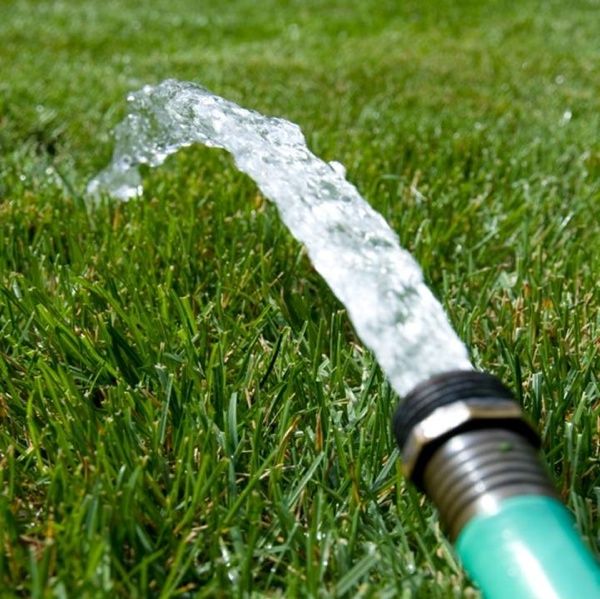Grass. It’s everywhere. It’s our garden carpet, it lines our paths, it cushions our children’s falls, it covers sports fields, it’s what makes a park a park, it feeds our livestock and yet grass is taken for granted on a daily basis. Grasslands cover a massive ¼ of the earth’s land area with over 9,000 different species carpeting mountain peaks, polar regions, savannahs, jungles and making our planet liveable. Although we do not eat grass, without it, we would lose a massive food source. We can thank grass for the production of rice, corn, oats, sugar, bread, alcohol and so much...
Turf & Lawn Blog
So you’ve decided to lay a new lawn. You’ve prepared the site, everything is ready, and you just need to buy turf. So off you go to a turf suppliers, but you’re faced with a choice. There are several different types of turf, and no information about which one will be right for you and your garden. So what do you do? Just read our useful guide to buying lawn turf, and you’ll be confident of choosing the right one for you. First of all, check how long your turf will be kept rolled up before delivery. Turf is not good...
Planting one or more trees in a lawn is a very good way to break up a large expanse of turf, and also provide some shade and shelter for birds and animals. And, of course, autumn is the best time to plant trees. But how do you go about planting a tree in your lawn? 1) Choose and buy your tree There are a wide range of trees available, in different sizes, so think about what you might want before buying. Things to consider include soil type, size, and aspect, as well as whether you want something evergreen or deciduous, spring...
With wildlife gardening currently so popular, and many people asking about wildflower meadows and whether they should convert a section of their lawn to a meadow, we thought it might be helpful to provide a summary of the pros and cons of wildflower meadows, to help you make up your own mind about them. On the plus side Once established, wildflower meadows need a lot less work than a traditional lawn. For example, you don’t have to mow wildflower meadows every week during the summer. In fact, you only have to cut them once a year, and you can use a...
Increasingly, many gardeners are choosing to develop part of their lawn as a wildflower meadow, as well as keeping some as a beautiful patch of lawn turf. So we thought that, as well as providing advice about autumn maintenance of lawns, we should also provide a little guide to maintaining a perennial wildflower meadow. Meadows only really need to be cut once a year. When you cut a perennial wildflower meadow depends on the type of plants and flowers within it, since you basically need to cut it when flowering has finished. So if you have spring flowering perennials, then you...
The Royal Society for the Protection of Birds has launched a new initiative, called ‘Giving Nature a Home’, designed to encourage gardeners to think about wildlife in their gardens. The thinking behind the campaign is that as ‘wild’ habitats disappear in favour of housing, gardens become ever more important as a potential resource for wildlife. And since lawns often take up quite large parts of gardens, they’re well worth thinking about if you want to make your garden wildlife-friendly. So what can you do to make your lawn part of a nature-friendly garden? First, don’t try to kill all the weeds,...
21st May Update The Hosepipe Ban restrictions have been lifted by Thames Water for landscape and gardening firms and for the watering of new turf and plants for upto 28 days after planting / turf laying. The relaxation of the hosepipe ban only applies for upto 28 days after turf laying or planting. The areas covered by Thames Water include: large parts of London, Thames Valley, Surrey, Kent, Wiltshire and Gloucestershire. Don't forget that you dont always need a hose pipe to water turf, it can be done with watering cans and why not try recycling your water.. check out our...
The current hose pipe ban has been getting a lot of press recently and we the public are sceptical after we experienced the wettest April on record with 13 flood warnings and more rain predicted for May. Hopefully this article will give you a brief overview of what exactly is going on with the hosepipe ban, where and who it's affecting and what you can do to help. The rain in Summer is largely taken by plants and evaporation. The current ban is affecting approximately 20 million people in the UK in and around the South and East. The rain we...

